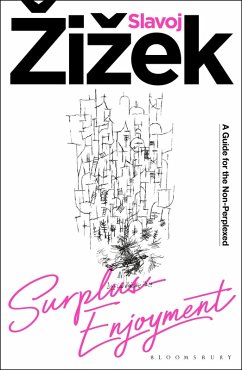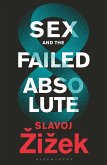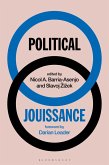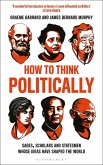Contemporary life is defined by excess. There must always be more, there is never enough. We need a surplus to what we need to be able to truly enjoy what we have. Slavoj Zizek's guide to surplus (and why it's enjoyable) begins by arguing that what is surplus to our needs is by its very nature unsubstantial and unnecessary. But, perversely, without this surplus, we wouldn't be able to enjoy what is substantial and necessary. Indeed, without the surplus we wouldn't be able to identify what was the perfect amount.
Is there any escape from the vicious cycle of surplus enjoyment or are we forever doomed to simply want more? Engaging with everything from The Joker film to pop songs and Thomas Aquinas to the history of pandemics, Zizek argues that recognising the society of enjoyment we live in for what it is can provide an explanation for the political impasses in which we find ourselves today. And if we begin, even a little bit, to recognise that the nuggets of 'enjoyment' we find in excess are as flimsy and futile, might we find a way out?
Hinweis: Dieser Artikel kann nur an eine deutsche Lieferadresse ausgeliefert werden.
Is there any escape from the vicious cycle of surplus enjoyment or are we forever doomed to simply want more? Engaging with everything from The Joker film to pop songs and Thomas Aquinas to the history of pandemics, Zizek argues that recognising the society of enjoyment we live in for what it is can provide an explanation for the political impasses in which we find ourselves today. And if we begin, even a little bit, to recognise that the nuggets of 'enjoyment' we find in excess are as flimsy and futile, might we find a way out?
Hinweis: Dieser Artikel kann nur an eine deutsche Lieferadresse ausgeliefert werden.
[Zizek] could never be as dull a writer. He is a great caller of things stupid, which is a skill too little practised in a world dedicated to avoiding offence. But he also has genuine enthusiasms that constantly surprise the reader, such as a brilliant few pages on Shostakovich and, later, on the film Joker . Zizek is at heart really a close reader and a seriously inventive one. The Spectator









